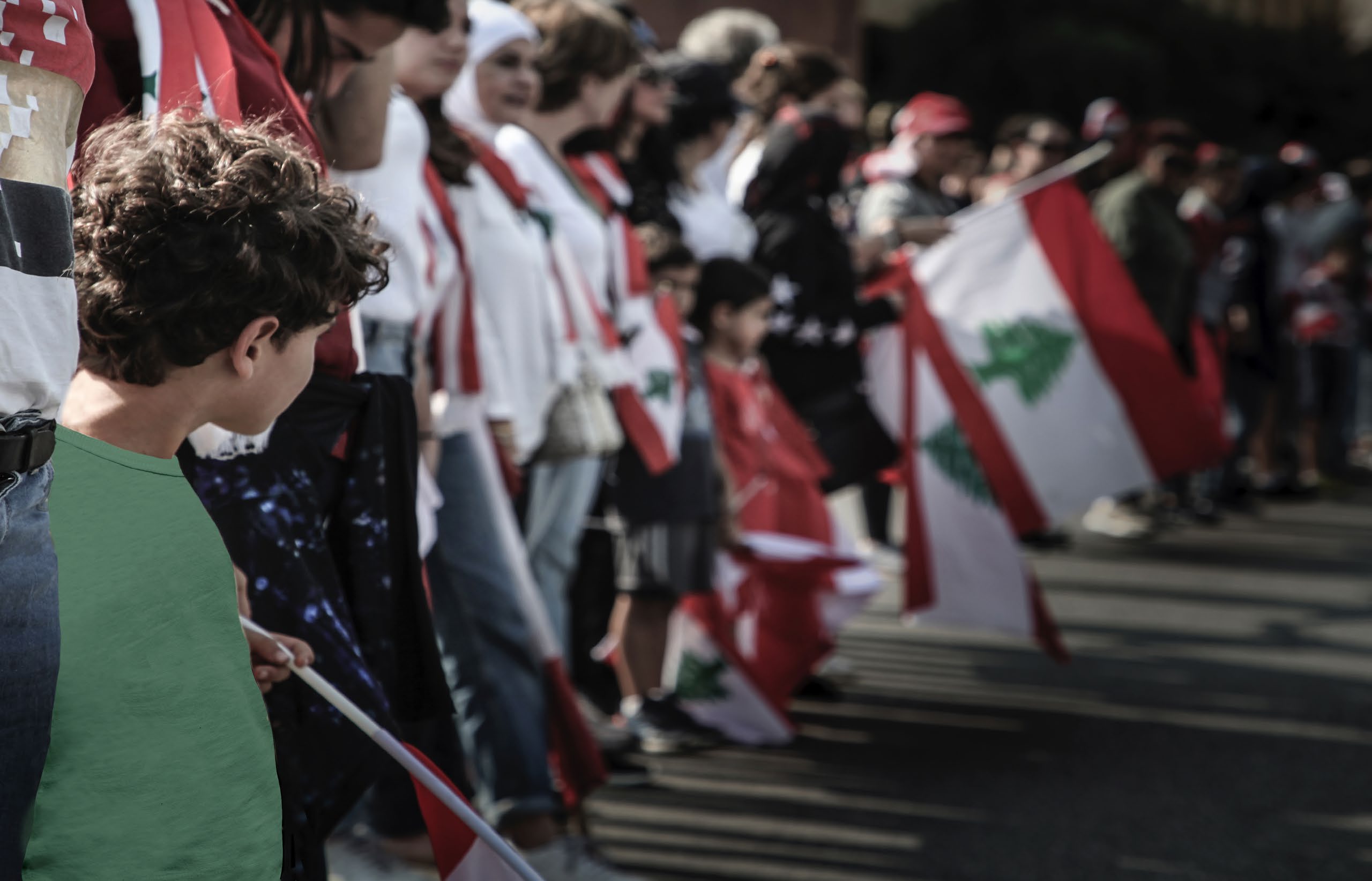
Lebanon is moving rapidly toward total state failure. A full collapse would take weeks to unfold but decades to repair. It would likely lead to a resurgence of ISIS and al-Qaeda, a stream of Lebanese and Syrian refugees headed to Europe, and a further expansion of Hezbollah’s sway in the country. The US has the interest, and capacity, to lead an urgent international diplomatic initiative to pull Lebanon back from the brink.
President Joe Biden and his team have signaled a new approach to the Middle East – one that puts diplomacy first in resolving conflicts. But a looming crisis in Lebanon – if not addressed – could threaten to undercut regional stability and Biden’s efforts to implement a new foreign policy approach.
Lebanon’s multi-sectoral breakdown is the product of years of failure by its sectarian and corrupt politicians to enact necessary political and economic reforms. The country has a spiraling debt, a currency in freefall, decimated personal bank accounts, soaring food prices, escalating poverty, the world’s largest per capita refugee population, and security tensions. Last August’s Port of Beirut blast, itself the result of criminal mismanagement by successive governments, and the continued coronavirus pandemic add to this instability and uncertainty.
Of course the main responsibility for saving Lebanon lies with the Lebanese themselves. Indeed, a wide cross section of the Lebanese people has been in open revolt since October of 2019 demanding immediate and fundamental change. But the ruling sectarian coalition, with ample backing from Hezbollah, has resisted all calls for change as the population sinks into poverty and despair. While pursuing its own national security interests, the US can also manifest its principles of helping other people stand up for democracy, social justice, national sovereignty, and freedom from foreign-backed militia rule. Only the US has the capacity to lead an effective international diplomatic effort to avoid another fully failed state in the region and help the Lebanese move their country away from collapse and militia rule toward a more democratic and stable future. Early stepped-up US diplomatic action on Lebanon is needed to prevent Lebanon’s further implosion and to reinforce Biden’s Middle East policy. The focus of targeted US diplomacy in Lebanon is on pushing Lebanon’s leaders to respond to the basic and growing needs of their people. US engagement should not require a great deal of US resources and senior-level time and effort. To maximize impact, it should be coordinated with our European and Arab partners and have an integrity beyond being an ancillary issue of the Iran negotiations, a Syria policy, or other US priorities in the region.